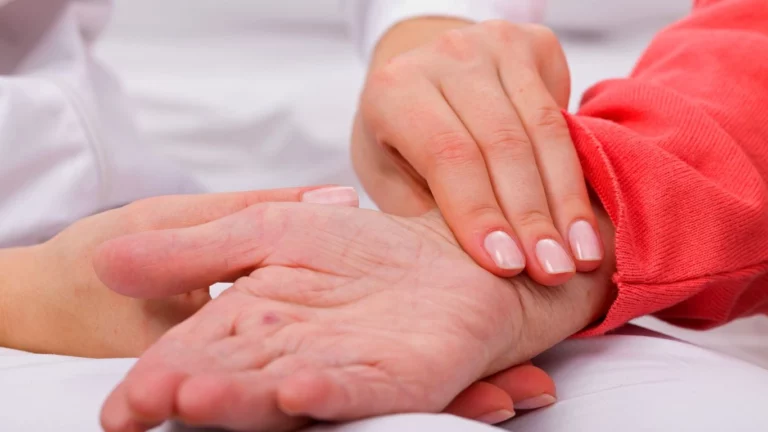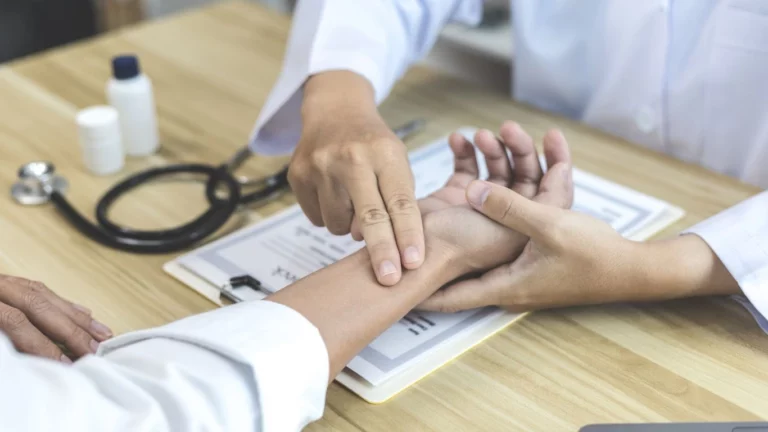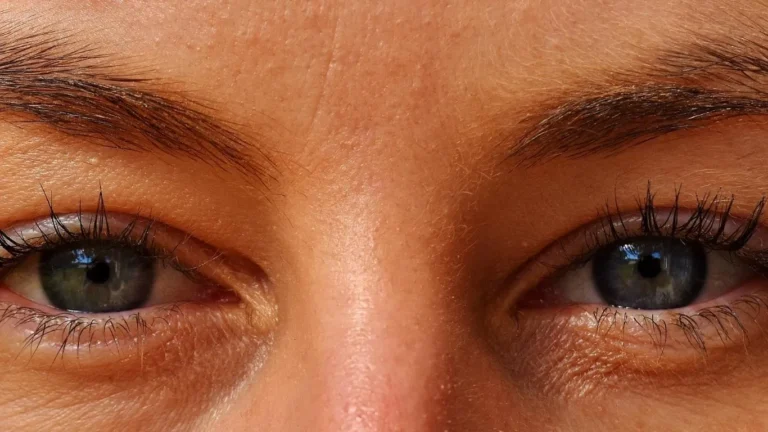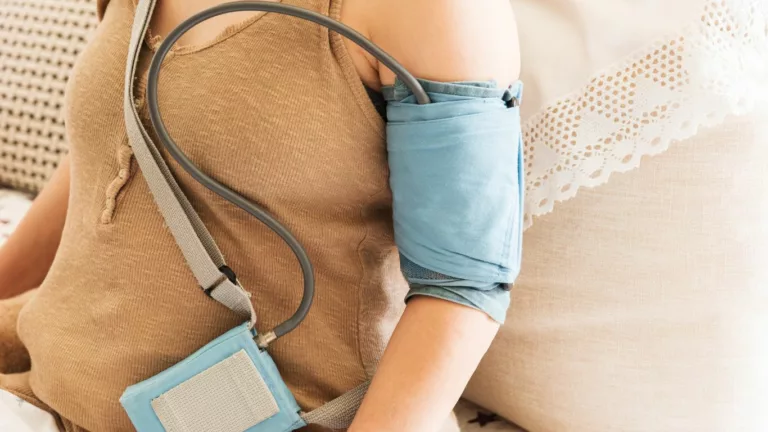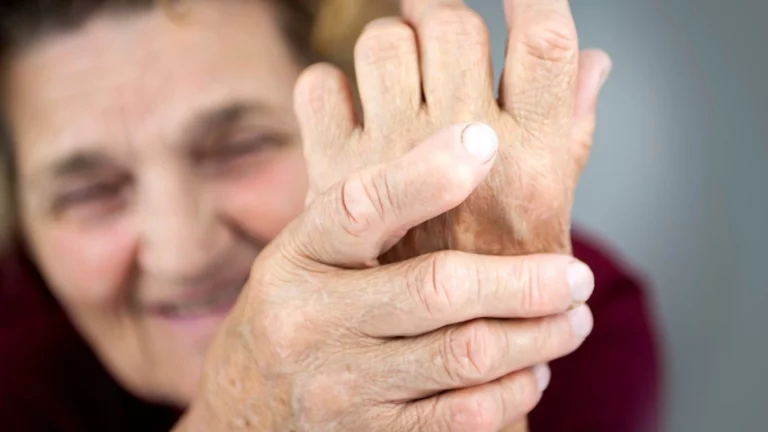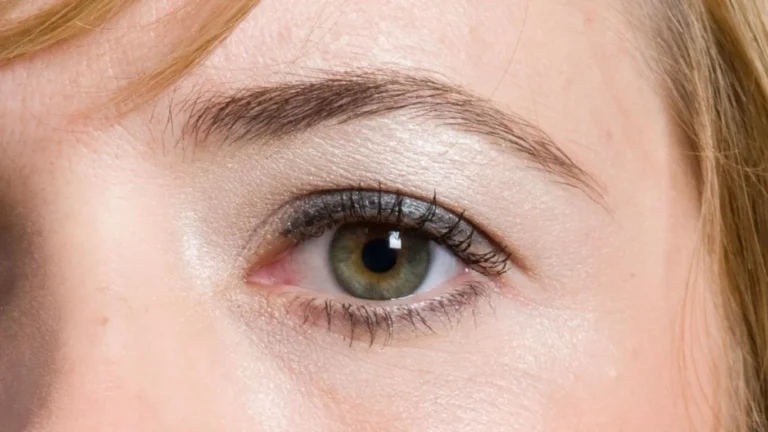Can Dehydration Cause GERD Flare-ups? A Detailed Look
Dealing with GERD (gastroesophageal reflux disease) can be a real pain, and anyone who has it knows that managing flare-ups is key to feeling better. But what if dehydration is making things worse? You might be surprised to find that dehydration can indeed trigger or worsen GERD symptoms. In this article, we’ll break down how dehydration impacts GERD and offer some practical tips to manage your symptoms.
What is GERD and Why Does it Happen?
Before diving into the relationship between dehydration and GERD, it’s helpful to understand what GERD is. GERD happens when the muscle at the end of your esophagus doesn’t work properly, causing stomach acid to flow back into your esophagus. This acid reflux leads to symptoms like heartburn, chest pain, and even regurgitation.
The causes of GERD can vary, but a big factor is lifestyle—things like diet, stress, and even your hydration levels can play a role. That’s where dehydration comes in. Let’s explore how dehydration may contribute to GERD flare-ups.

How Dehydration Affects GERD
When your body doesn’t get enough water, it can lead to a variety of issues. One of the biggest effects dehydration has is on digestion. Water is essential for your digestive system to work properly, so when you’re dehydrated, the entire process can slow down. This can lead to more acid production in the stomach and, in turn, worsen GERD symptoms.
Here’s how dehydration impacts GERD:
- Slower Digestion: Water helps break down food and move it through your digestive tract. When you’re dehydrated, this process slows down, and food may stay in the stomach longer, leading to more acid production. This excess acid can increase the likelihood of reflux.
- Weakened Esophageal Function: The esophagus relies on fluids to keep it smooth and functioning properly. Without enough hydration, the esophagus may not be able to clear acid effectively, allowing it to irritate the lining and cause discomfort.
- Thicker Stomach Acid: Dehydration can lead to thicker, more concentrated stomach acid, which may increase the chances of acid reflux. The thicker the acid, the more likely it is to irritate the esophagus when it escapes the stomach.
- Reduced Saliva Production: Saliva is crucial for neutralizing stomach acid. Dehydration can cause a decrease in saliva production, leaving your esophagus more vulnerable to acid reflux.

Can Drinking Water Help Prevent GERD?
Yes, staying hydrated is important when it comes to managing GERD. While water alone isn’t going to solve all your problems, it can certainly help minimize some of the discomfort associated with the condition.
Drinking enough water can:
- Help with digestion by breaking down food more efficiently.
- Keep your esophagus functioning properly by preventing it from becoming too dry.
- Reduce the concentration of stomach acid, lowering the chances of reflux.
However, it’s important to remember that while water can be helpful, it’s not a cure for GERD. It’s just one part of managing the condition. So, don’t expect to fix all your issues by simply drinking more water—you’ll still need to make other lifestyle changes.
Other Ways Dehydration Affects GERD Symptoms
Aside from increasing acid production and slowing digestion, dehydration can also affect other aspects of your health that can, in turn, trigger GERD flare-ups. For example:
- Stress: Dehydration can cause headaches and irritability, which can make stress levels spike. Stress is a major trigger for GERD symptoms, so if dehydration is making you anxious, your reflux may worsen.
- Constipation: Dehydration is a common cause of constipation, which can put extra pressure on your stomach and exacerbate reflux symptoms.
- Weak Immune System: Chronic dehydration can weaken your immune system, making you more prone to infections like gastritis, which could further aggravate your GERD symptoms.

Tips to Prevent GERD Flare-ups Due to Dehydration
Staying hydrated is just one piece of the puzzle. Here are some other tips to help prevent dehydration-related GERD flare-ups:
- Drink Water Throughout the Day: Keep a water bottle with you and sip regularly. Avoid drinking large amounts of water at once, as this can cause bloating or trigger reflux.
- Limit Caffeinated Drinks: Caffeine can contribute to dehydration, so try to cut back on coffee, soda, and other caffeinated beverages.
- Eat Water-Rich Foods: If you’re struggling to drink enough water, eat foods that can help hydrate you. Cucumbers, watermelon, and oranges are great examples.
- Stay Away from Carbonated Drinks: Carbonated drinks, especially sodas, can worsen GERD by increasing gas and bloating. Stick to still water or herbal teas.
- Use a Humidifier: Dehydration affects your entire body, including your skin and airways. A humidifier in your bedroom can help prevent your throat from becoming dry and irritated, especially at night.
What Happens if You Don’t Drink Enough Water?
If you continue to stay dehydrated, you could experience more than just digestive discomfort. Chronic dehydration can lead to serious health issues, such as:
- Kidney stones or kidney failure
- UTI (Urinary Tract Infections)
- Decreased cognitive function and concentration
- Increased risk of heart disease
In short, staying hydrated is essential not only for managing GERD but also for maintaining your overall health.

Conclusion
So, can dehydration cause GERD flare-ups? The answer is yes. Dehydration can definitely worsen GERD symptoms by slowing digestion, increasing acid production, and making it harder for your esophagus to function properly. The good news is that staying hydrated can help manage these symptoms and prevent flare-ups. Just remember, water is part of the solution, not the whole fix. GERD requires a comprehensive approach, including diet changes, medication, and lifestyle modifications. But keeping your body well-hydrated is a simple and effective step in the right direction!

Camellia Wulansari is a dedicated Medical Assistant at a local clinic and a passionate health writer at Healthusias.com. With years of hands-on experience in patient care and a deep interest in preventive medicine, she bridges the gap between clinical knowledge and accessible health information. Camellia specializes in writing about digestive health, chronic conditions like GERD and hypertension, respiratory issues, and autoimmune diseases, aiming to empower readers with practical, easy-to-understand insights. When she’s not assisting patients or writing, you’ll find her enjoying quiet mornings with coffee and a medical journal in hand—or jamming to her favorite metal band, Lamb of God.


